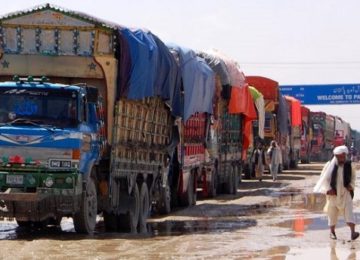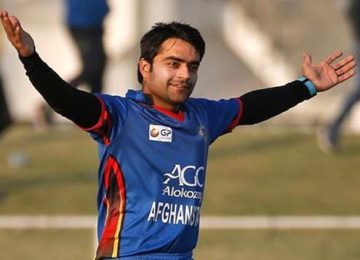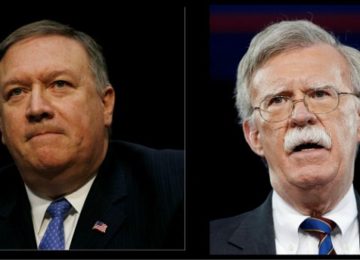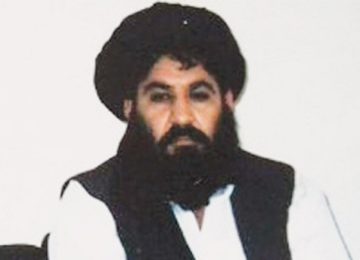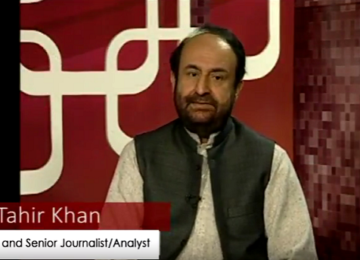Not all Afghan refugees are bad. In fact, many are family. Some are the sons-in-law of Pakistan. Others were born here, speak our languages, and know no other home but ours. So why are we treating them like strangers? Why are we rounding up children like five-year-old Ayesha—born in Chitral to a Pakistani mother and Afghan father—and preparing to send them to a country neither she nor her parents have ever seen?
This issue is deeply personal to me—and to many Chitralis who, for decades, have shared not just borders, but bread and brotherhood with Afghans. Let me tell you why.
For fifty years, Chitral was cut off from the rest of Pakistan during winter. Before the Lowari Tunnel was built, we had no choice but to travel through Afghanistan. From the Najeeb era to the Russian occupation, from the Mujahideen to the Taliban, not once was our passage disrupted. The Afghan people—despite their own struggles—welcomed us, year after year, without asking for visas or passports.
So when Afghan families fled war and instability, we in Chitral opened our doors to them in return. They were tough, resilient, and hardworking. They took up the most difficult jobs. I built Hindukush Heights with Afghan labourers from Badakhshan in 1992. They brought with them tandoori ovens, now a staple of our bazaars, feeding long queues late into the night. Their children attend our schools. Their children speak Chitrali. Their lives are woven into ours.
And yet, today, we are being asked to watch silently as the state implements a blanket deportation policy by March 31—without nuance, without compassion, and without considering the unique history and fabric of border communities like Chitral.
Crude policemen have started knocking on doors. Mothers struggle to explain to terrified children why they may be forced to leave the only home they’ve ever known. This is not just bad policy. It is inhumane.
I propose the following path forward—a more selective, honourable, and pragmatic approach:
1. Recognise and Regularise Mixed Families: Thousands of Pakistani women married Afghan men, and their children—born in Pakistan—deserve a clear path to citizenship. NADRA must expedite these cases and resolve pending documentation issues without delay.
2. Differentiate the Born and Raised: Afghan men and women born in Pakistan, married here, raising school-going children, should not be lumped together with undocumented recent arrivals. A special legal provision must protect their right to stay.
3. Enable Private Sponsorship: If individuals like myself are willing to take full responsibility—financial and legal—for select refugee families, we should be allowed to do so. Guardianship models exist in other countries. Pakistan can create its own.
4. Utilise Unused Public Land: The KP government should consider allocating “sarkari” land for settlement of selected Afghan families. In Chitral alone, the Forest Department owns thousands of hectares where not a single tree has been planted since 1969. Afghan families have already transformed private land in Kesu into productive farmland. Let them do the same on state land.
5. Engage Local Governments and CM Gandapur: CM Gandapur’s suggestion of granting citizenship may seem impulsive, but it at least acknowledges the need for a new approach. His office should now lead a nuanced review of deportation policies, particularly in border regions.
Let’s not forget that migration across the Wakhan corridor into Chitral is nothing new. For over 70 years, Afghan families have quietly settled in Baroghil and surrounding areas. Many now hold Pakistani CNICs. They live simple, peaceful lives. Once, yak polo teams from both sides played matches unnoticed by authorities. That was the spirit of the frontier. It still exists—if we choose to honour it.
This is not a call for open borders. It is a call for open hearts—and for selective policies grounded in honour, history, and humanity.
Let us not repay fifty years of hospitality with handcuffs. Let us not force little Ayesha into exile. We Chitralis remember our debts. It’s time our government remembers them too.
AUTHOR
Siraj-ul-Mulk
The author belongs to Chitral’s royal family and served as a major and PIA pilot captain in the army.




